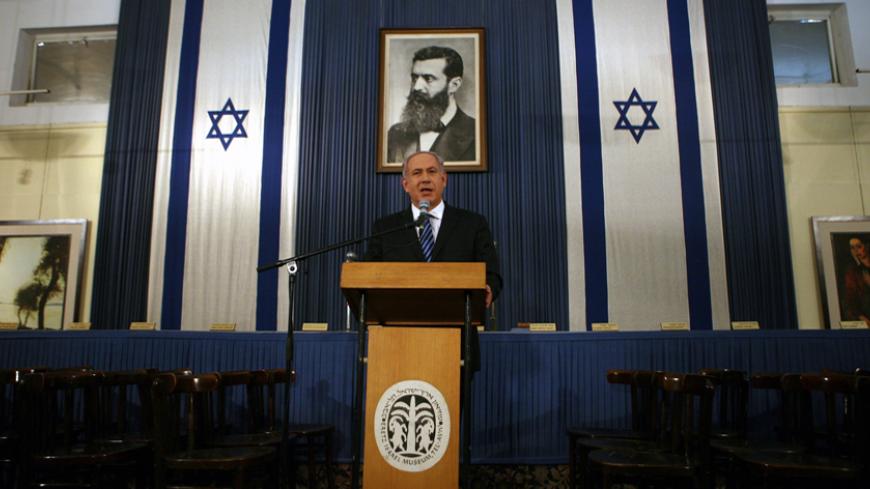The 2015 elections will go down in Israeli history as the most “Zionist” in the annals of the state. The choice by Labor Chair Isaac Herzog and Hatnua Chair Tzipi Livni to call their joint Knesset list the Zionist Camp set off a race against the right wing for the title of state Zionism champion. The right camp dug up past remarks by members of the Zionist Camp that it claimed call into question the list’s Zionist bona fides. Voices from the Likud pounced on the fact that an Arab journalist, Zuhair Bahloul, had done well in the party primaries, seemingly ensuring himself a real chance at being elected to the Knesset on the Zionist Camp slate. They wondered aloud how a party dare take the “Z” word in vain, when on Independence Day of the Jewish state, one of its members cannot even sing the national anthem, which invokes the Jewish soul yearning for Zion.
On the other hand, the name Zionist Camp, which like many phenomena in Israel began as temporary and became permanent, started a debate on the left about the essence of Zionism and its contribution to Israeli society. One of the leaders of this pointed debate is Labor’s Avraham "Avrum" Burg, a former Jewish Agency chairman, one-time Knesset speaker and son of the late Yosef Burg, a founding father of the National Religious Party. In a Jan. 8 article in Haaretz, Burg asserted that the role of the Zionist movement had ended with the establishment of Israel and was supposed to have been succeeded and replaced by “Israelism” — an existence based on equality among citizens that would ensure a legitimate future for the Jewish people. Burg, who joined the Jewish-Arab Hadash Party on the eve of its becoming part of the joint slate of Arab parties, proposes the Israelism model as a remedy for the severe injustice Zionism has visited on the Palestinians. “Why do we need the Zionist definition?” he asks, and answers, “Unless we want to perpetuate the injustice and deprivation in the name of an ideology that has successfully achieved its goal and is past its expiration date.”



